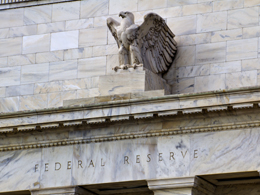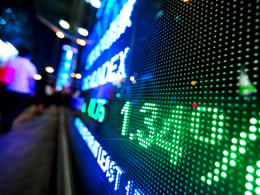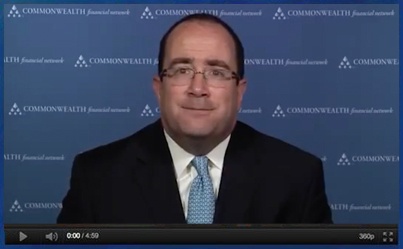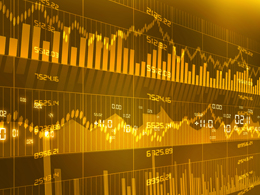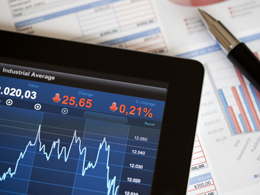Last week was relatively quiet in U.S. economic news, but the news we did get was generally encouraging. Once again, the top stories came from abroad, as China’s market stabilized and Greece moved closer to exiting the eurozone before reaching a deal over the weekend.




